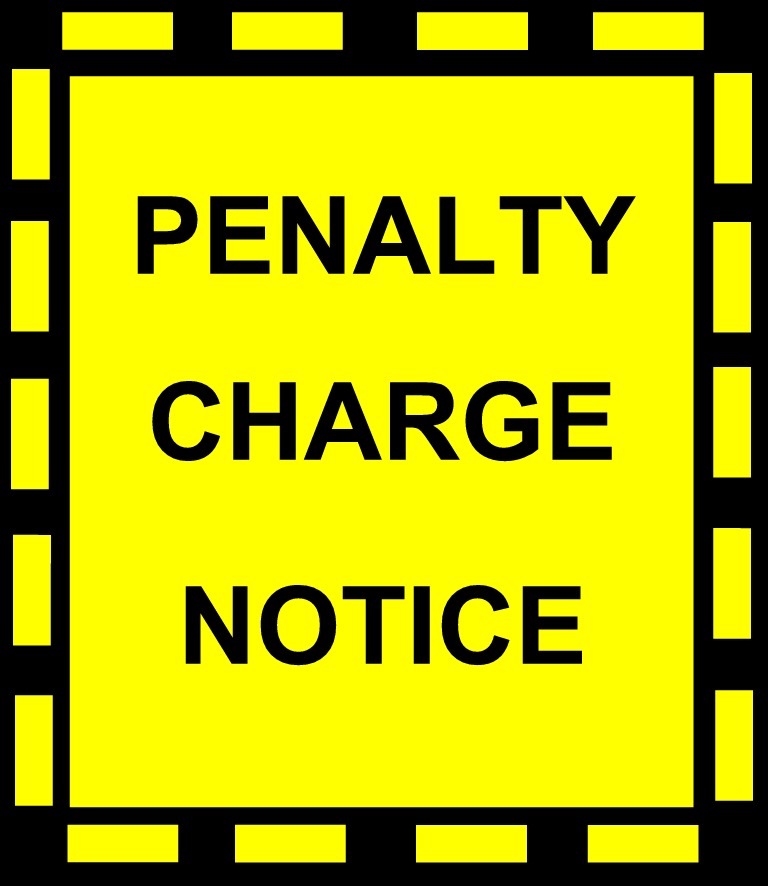The draft regulations will introduce civil penalties for incorrect information supplied as part of the new “Check Challenge Appeal” process under which business rates appeals are now undertaken. These penalties formed part of the government’s original proposals for the new appeal system, but the introduction of the new system was so rushed that they had to be left out of the regulations that were laid before parliament when the new system was introduced from 1 April 2017. However, the draft regulations to introduce such penalties have now been laid before parliament.
The draft regulations impose a penalty of £500 (reduced to £200 for “small proposers”) for incorrect information supplied in, or in connection with, a proposal to alter the rating list. The “in connection with” condition is presumably intended to catch all stages of new process, not just proposals made at the “challenge” stage. The reference to “small proposers” is to businesses that have a turnover less than £2 million per annum, a balance sheet of less than £2 million, and fewer that ten employees.
The new penalties will apply when information supplied is “false in a material particular” and is supplied “knowingly, recklessly or carelessly”. There is an appeal against the penalty which lies to the Valuation Tribunal for England. If an appeal is made the timescale for concluding the proposal in respect of which the information was provided is extended until the appeal is determined.
As these regulations are imposing financial penalties they are affirmative resolution regulations and will not come into force until debated and approved by parliament. The Ministry of Housing Communities and Local Government does not know when they are likely to be passed.
It is surprising that the Government feels that such penalties are necessary. The Valuation Office Agency already has powers to require ratepayers and others to provide information in connection with business rates assessments, and powers to impose civil penalties if information is false or is not supplied. Because of this, ratepayers and others may feel that the new penalties are designed more as a deterrent to using the new appeal process, than as an aid to Valuation Officers in making assessments. If that is the case, their introduction might well be seen as adding insult to injury. Having introduced a new appeal process that is so cumbersome and riddled with IT problems that it is hardly useable at all, the government is now proposing to add potential financial penalties to that process. It is little surprise that ratepayers feel that the appeal process is stacked against them.

